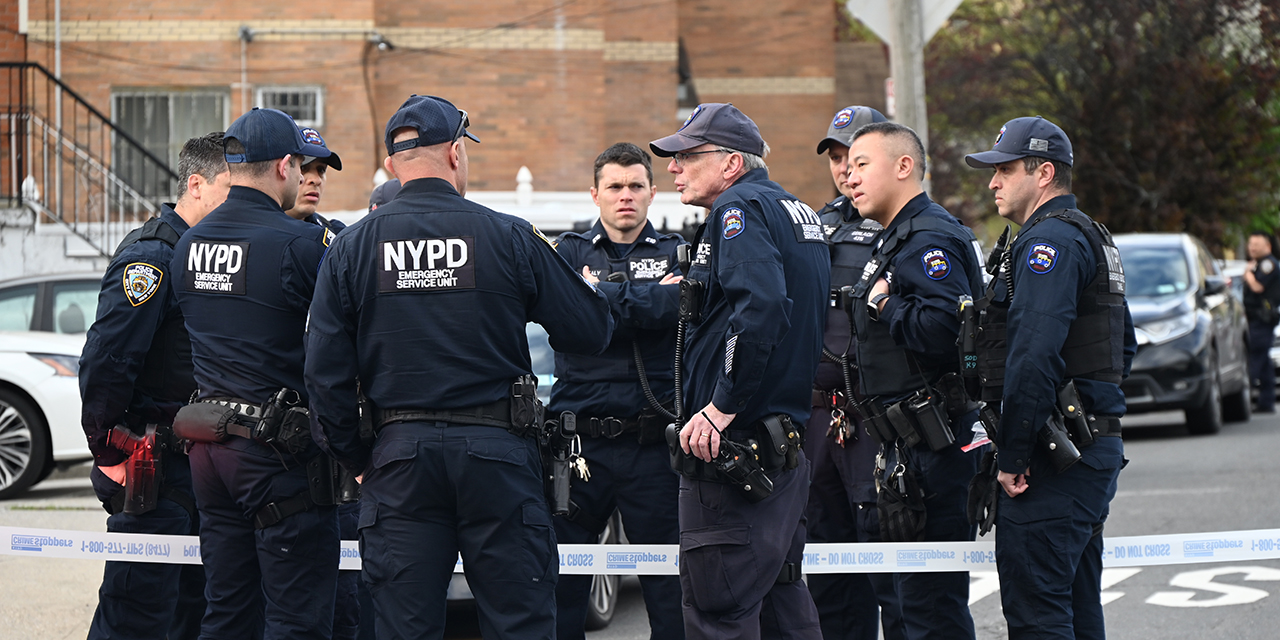Yesterday, despite overwhelming evidence of Jussie Smollett’s guilt, the Cook County State’s Attorney’s Office moved to end proceedings in the disgraced actor’s case in exchange for a few hours of Smollett’s “voluntary” community service and the forfeiture of a $10,000 bond. The public reacted with outrage. The central point of contention—echoed on the evening cable-news shows—was captured in remarks delivered after the announcement by Chicago Mayor Rahm Emanuel, who told reporters, “You cannot have—because of a person’s position—one set of rules applies to them and another set of rules apply to everyone else.”
Smollett’s celebrity and political connections may have been factors in the decisions made by Cook County prosecutors throughout the course of this case, including State’s Attorney Kim Foxx’s decision to recuse herself. But the unfortunate truth is that such leniency isn’t rare in Chicago. Hardened criminals are constantly given sweet deals, with much more serious costs.
Just this past Saturday, an off-duty Chicago police officer, John Rivera, was shot and killed while in a car with friends. Police have arrested two men, Jovan Battle and Menelik Jackson, in the case. Jackson, the suspected triggerman, was on probation after a 2017 arrest for an armed home invasion; and Battle, according to the city’s arrest database, had racked up at least 13 arrests prior to the murder he is alleged to have helped commit.
Last December, Marcus Moore was released from prison after serving just five months of a sentence for an assault, captured on camera, that led to the death of Marques Gaines. Moore, according to the Chicago Tribune, was “a five-time felon with 33 arrests by Chicago police.” There is no evidence that Moore had any political clout, yet the decision to parole him so early was an injustice at least on par with how prosecutors handled the Smollett case.
On Independence Day last year, Tayshawn Terry shot at Chicago police officers. Terry had been paroled after serving only a portion of his sentence for a weapons offense. And last summer, police charged two men with attempted murder after they live-streamed on Facebook the vicious beating of a 42-year-old man. The two were both on parole and had more than 20 prior arrests between them.
The city’s consistent failure to hold dangerous and chronic offenders accountable through effective prosecution has been the cause of consternation for embattled Police Superintendent Eddie Johnson, who vented his frustrations to reporters after a particularly violent weekend last year. “As long as we fail . . . to hold repeat violent offenders accountable for their actions, we’re simply going to continue to have these discussions on Monday mornings, because it’s the same people who are pulling the trigger in some of these communities.”
As Johnson noted, Chicago violence is frequently committed by repeat offenders—many released with pending cases, paroled after serving only a portion of their sentences, or given probation despite troubling criminal histories. While the Jussie Smollett affair is infuriating for many, the leniency of the Windy City’s justice system extends well beyond B-list celebrities, and often has fatal consequences.
Photo by Nuccio DiNuzzo/Getty Images





